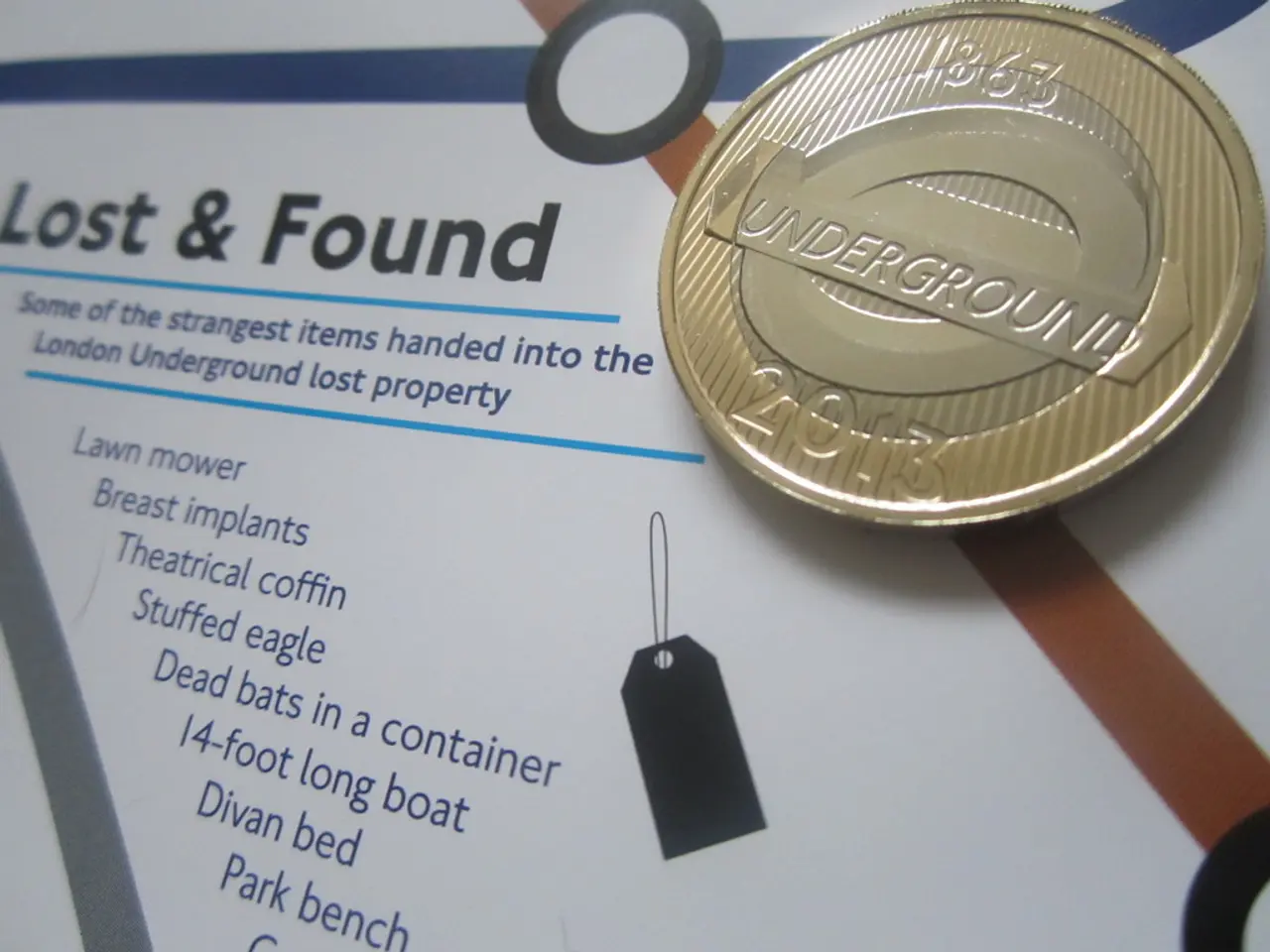Government Assertively Combats Illicit Cryptocurrency Transactions
Germany Strengthens Crackdown on Cryptocurrency-Related Money Laundering
Germany has been bolstering its efforts to combat money laundering and terrorism financing activities involving cryptocurrencies. The Federal Central Tax Office oversees the Financial Intelligence Unit (FIU), which has expanded its staff to investigate such activities.
Between 2018 and 2020, the German Federal Criminal Police Office (BKA) and the FIU, along with the Federal Financial Supervisory Authority (BaFin), increased their personnel to better monitor crypto-assets and their associated risks. These institutions have been working to enforce anti-money laundering (AML) regulations specifically targeting crypto transactions.
However, the BKA has no relevant data on the use of cryptocurrencies for money laundering or terrorism financing.
Frank Schäffler, a notable figure, has suggested that the increase in reporting numbers may not necessarily mean a rise in crime. Instead, he believes that established institutions may be reporting suspicions more consistently. Despite this, Schäffler does not provide evidence to support his claims.
The "strategic analysis" department at the FIU is currently dealing with the issue, with an average of 34.2 full-time employees (FTEs) working on it. The BaFin, on the other hand, currently has 23.5 FTEs from over 35 units working on cryptocurrencies.
In 2018, the FIU received around 570 reported suspicions of cryptocurrency-related money laundering, with that number rising to 760 in 2019 and approximately 2,050 in 2020. This increase in reports is above average compared to the total number of reports.
The FIU has also reported an increase in reports from blockchain analysis providers, suggesting the use of cryptocurrencies for money laundering is likely.
Schäffler emphasizes the need for expertise and investment to be built up in order to effectively trace cryptocurrency transactions. He calls on Berlin to take action and increase the pressure on enforcement agencies to trace the path of dirty deals in cryptocurrencies.
Schäffler also notes that established institutions like the Stuttgart Stock Exchange and Berlin neobank Nuri are increasingly involved in cryptocurrency activities. However, the FIU does not know the volumes behind these reports or which cryptocurrencies and crypto-service providers are particularly heavily used.
The German government does not know which and how many crypto assets have already been seized, nor does it know the extent to which special funds are investing in cryptocurrencies. Schäffler's comments indicate a need for increased government action in the realm of cryptocurrency enforcement.
In conclusion, Germany is taking significant steps to combat money laundering and terrorism financing activities involving cryptocurrencies. However, the lack of concrete data and the need for increased expertise and investment highlight the challenges that lie ahead in this evolving field.







